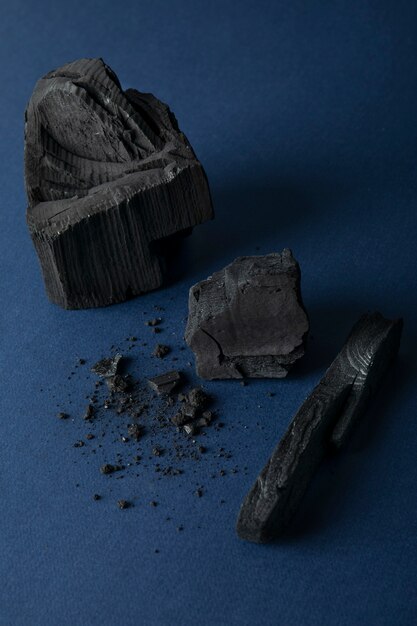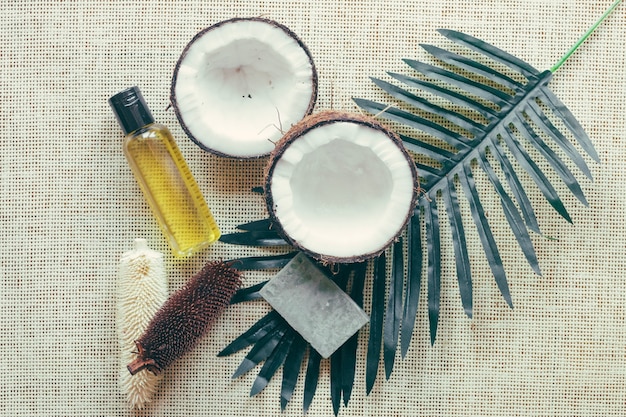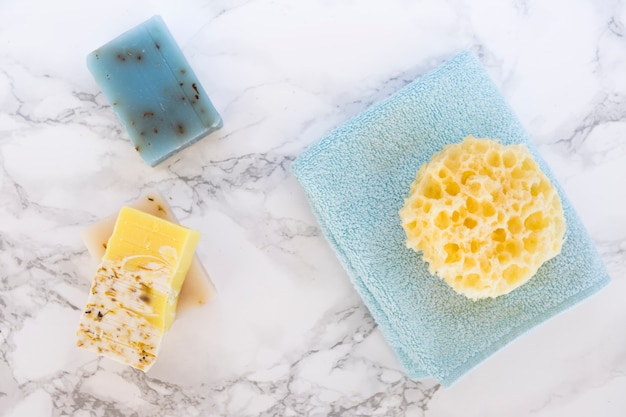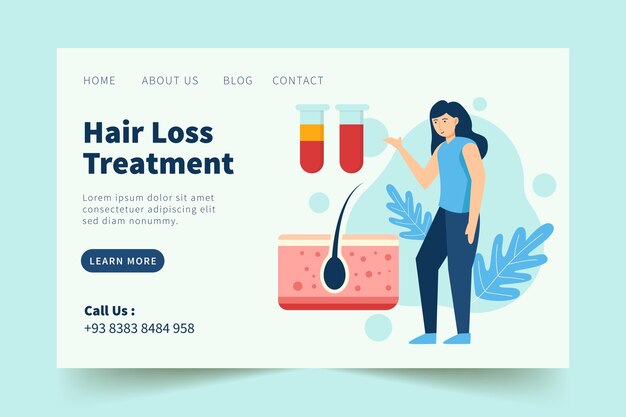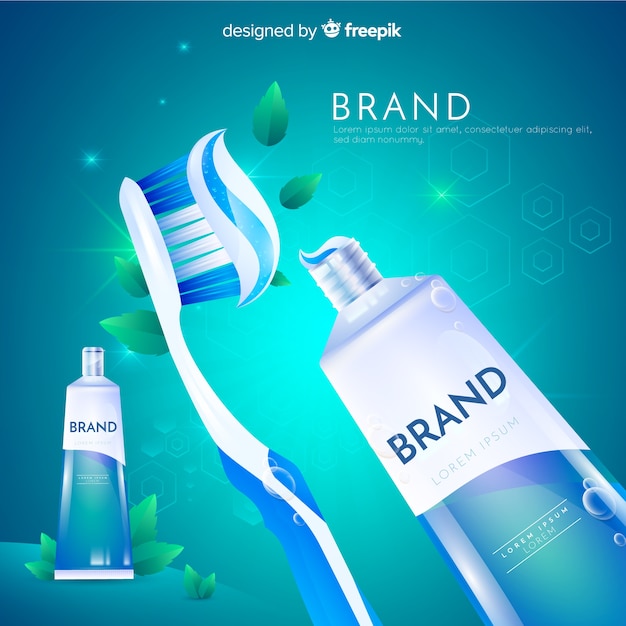
Most of us use toothpaste because it tastes good, it’s convenient, and we’re scared of ending up with no teeth if we stop using it. But since we brush our teeth up to 1,000 times a year, shouldn’t we take a closer look at what’s in our toothpaste? It turns out that most store-bought toothpaste contains some concerning ingredients and can cause quite a few unpleasant side effects.
This article lists ten convincing reasons to stop using conventional toothpaste and explores some natural alternatives.
Prevent Tooth Damage
We use toothpaste to protect our health and promote good oral hygiene, but long-term use has been linked to tooth damage. A 33-year study published in the International Dental Journal shows that overusing toothpaste can wear away enamel, leading to darker teeth and cavities. Most toothpastes contain hydrated silica, an abrasive agent that prevents re-mineralization and can lead to severe wear, eventually requiring dental treatment. Interestingly, brushing without toothpaste doesn’t cause the same degree of wear or tear.
Toxic Ingredients
Toothpaste contains several toxic ingredients that pose serious health concerns. While we don’t eat toothpaste, these chemicals can enter our bloodstream through our skin. Some harmful chemicals found in toothpaste include:
– Triclosan: A pesticide that disrupts hormones and contributes to antibiotic-resistant bacteria. It’s linked to allergies, weight gain, thyroid dysfunction, and possible fetal development issues.
– Sodium Lauryl Sulfate (SLS): Interferes with taste buds, causes skin irritation, and has caused eye damage, depression, and labored breathing in animal studies.
– Propylene Glycol: An irritant that may cause organ system toxicity.
– Diethanolamine (DEA): Linked to liver and kidney tumors in mice and testicular degeneration in other animal studies.
– FD&C Blue Dye No. 2: May be related to learning and behavioral issues, severe allergic reactions, and other health problems.
Artificial Sweeteners
Commercial toothpastes often contain artificial sweeteners like aspartame, which has many documented side effects, including cancer, seizures, weight gain, and depression. Aspartame has been linked to chronic illnesses like Multiple Sclerosis, epilepsy, Parkinson’s Disease, Alzheimer’s, and fibromyalgia.
Fluoride Concerns
Fluoride, added to over 95% of conventional toothpastes, is so potent that the FDA requires a poison warning on every tube. Ingesting fluoride toothpaste can cause permanent tooth discoloration, stomach ailments, acute toxicity, skin rashes, and problems metabolizing glucose. Children are particularly at risk, often swallowing more fluoride than recommended.
Mouth Ulcers
Mouth ulcers, or canker sores, can be caused by toothpaste containing SLS, which strips away the protective lining of the mouth. This leaves it more susceptible to injury and pain. SLS-free toothpastes are available, but manufacturers often use alternative names for this ingredient.
Tooth Sensitivity
Whitening toothpastes can cause tooth sensitivity due to the additional chemicals needed to remove stains. This sensitivity can be temporary or ongoing. Natural teeth whitening methods are a better alternative.
Environmental Impact
Tiny plastic pellets in toothpaste, known as microbeads, wreak havoc on the environment. They pass through water treatment plants and end up in lakes, streams, and oceans, where they act as sponges for toxins. Fish and other marine animals ingest these beads, leading to toxins entering the food chain.
Microbeads in Your Teeth
Microbeads can also damage teeth and gums. Dentists have found these beads trapped under the gum line, causing gum disease. While many manufacturers have vowed to phase out microbeads, some are lobbying to keep biodegradable plastics in personal care products.
Toothpaste is Unnecessary
Many dentists admit that while toothpaste is convenient, it isn’t absolutely necessary for good oral hygiene.
Simple and Inexpensive Alternatives
Making your own natural toothpaste is easy, healthier, and inexpensive. Here are some natural ways to maintain healthy teeth and gums:
Check Your Diet
Avoid sugars and refined grains, and follow the American Dental Association’s recommendations to drink plenty of water and eat a variety of foods from the five major food groups.
Oil Pulling
This ancient practice involves rinsing your mouth with a spoonful of oil for up to 20 minutes, several times a week. It’s effective at reducing bad breath and gingivitis and can prevent tooth decay and tooth loss.
Natural Homemade Toothpaste Recipes
– Re-mineralizing Toothpaste: Use calcium powder, diatomaceous earth, baking soda, coconut oil, and essential oils.
– Three Ingredient Toothpaste: Mix sea salt, peppermint essential oil, and baking soda with filtered water.
– Coconut Oil Paste: Combine baking soda, essential oil, stevia, glycerin, and coconut oil.
– Cinnamon & Clove Tooth Powder: Use bentonite clay, calcium powder, baking soda, sea salt, cinnamon, cloves, and activated charcoal.
– DIY Tooth Soap: Made with Dr. Bronner’s liquid castile soap, melted coconut oil, Xylitol or Stevia, and essential oils.
– Natural Whitening Toothpaste: Mix activated charcoal and coconut oil.
Using Baking Soda
Baking soda is less abrasive than many other toothpastes. Use a small amount and brush starting with your molars, then move to the rest of your teeth. Rinse with water afterward.
